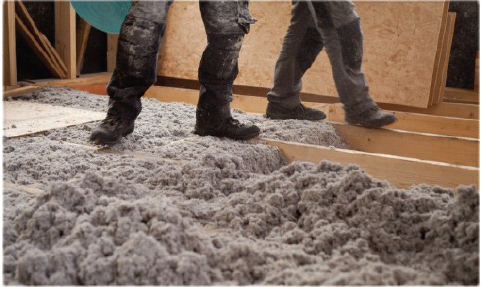Financing Programs Are More Effective When Homes Are Properly Assessed First
US Department of Energy Recommends Efficiency First

In a November 2016 update to its Best Practice Guidelines for Residential PACE Financing Programs, the US DOE advocated for home energy assessments or audits to be performed prior to any major system upgrades through a PACE program.
The EE programs contain the benefit of assessing the property (residential or commercial) for health hazards. This has resulted in hundreds of lives saved in CT and uncovered gas leaks, high CO, ALM, Mold, and other serious health impacting problems, which are often then corrected.
It allows professionals to address the home as a system and provide the ratepayer/resident a full report on available incentives, EE, renewable upgrades, and financing. This is the measurable direct benefit of providing the professional full-BPI (HES or HES-IE) assessment and information to the person before they make consumer choices.
It is a disservice to the customer to allow the use of PACE financing programs to install a new system into a house that may have serious existing problems of indoor air quality, air leakage, or inadequate insulation values.
In order to maximize the return on investment to the consumer, we must insure that homes receive proper assessments before ratepayers enter into contracts for systems that may not perform as well as they expected.
